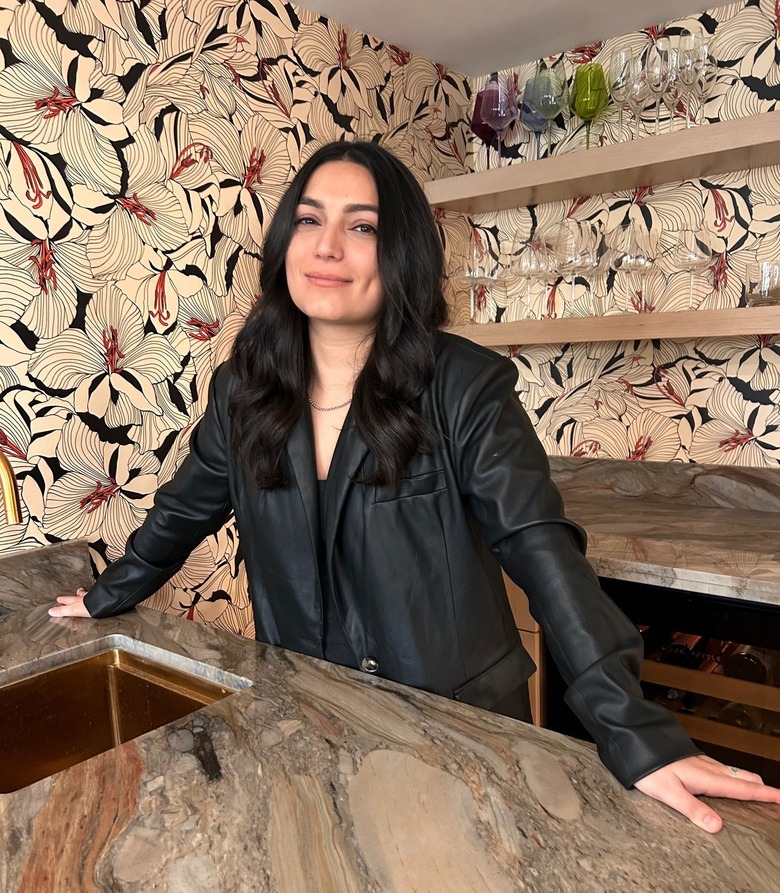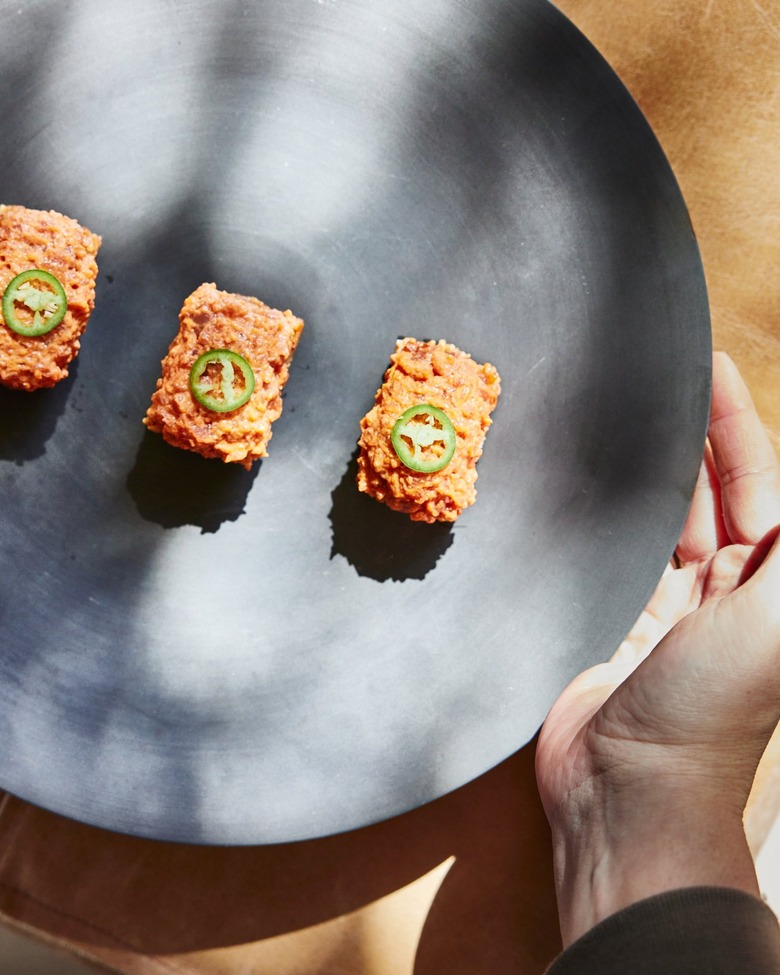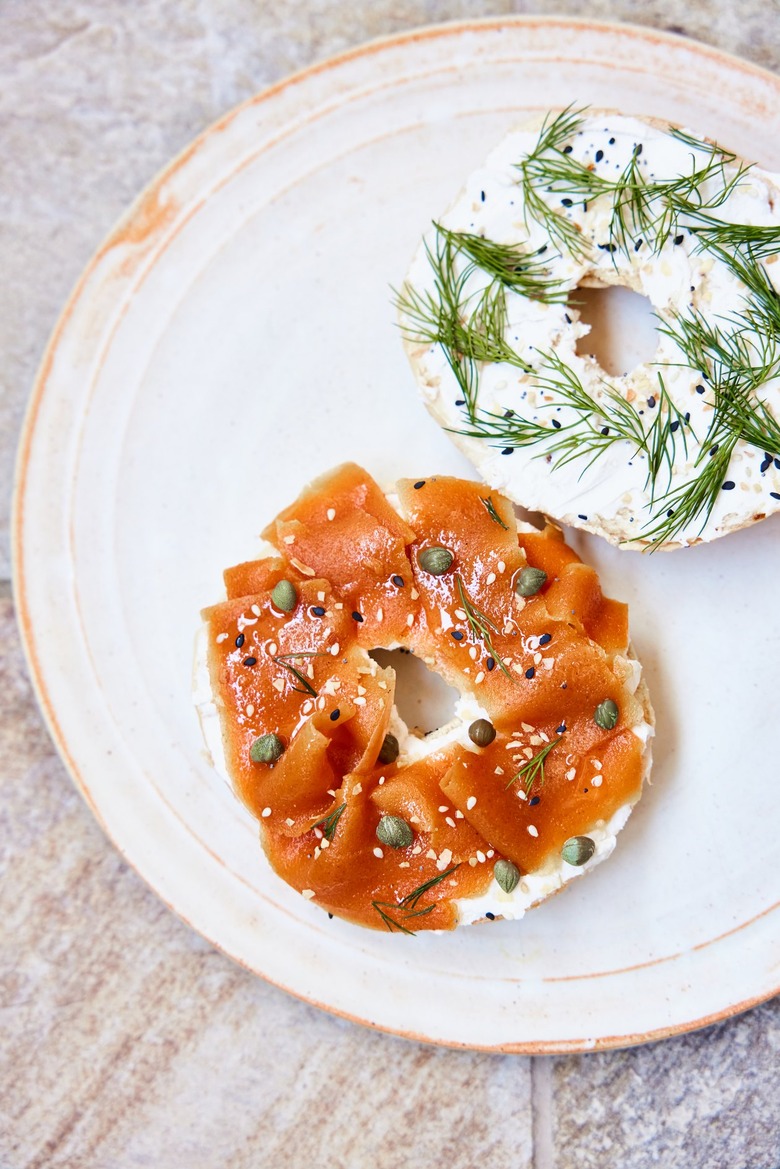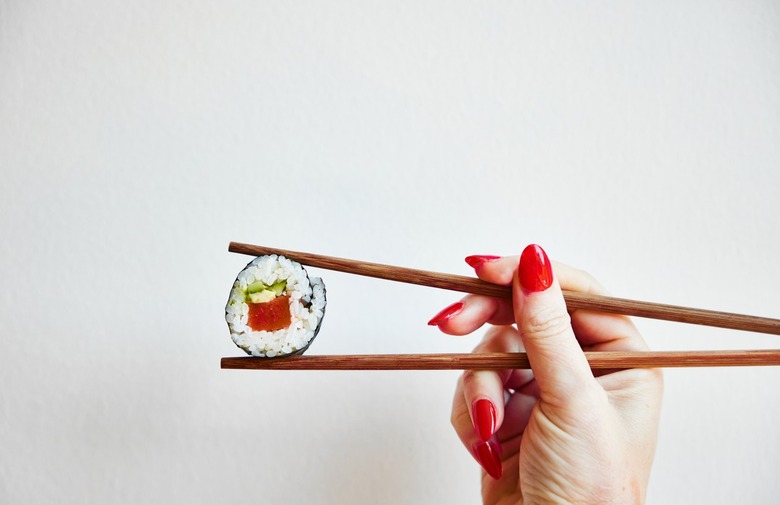Zoya Biglary Is Swimming To The Top Of The Plant-Based Fish Industry
Los Angeles-based Zoya Biglary has not eaten red meat for over 14 years. With plant-based beef and chicken companies nailing meatless recipes, Biglary has come to feel included at celebratory dinners and fast food joints, knowing that there is something for her to eat, but she never truly gave a second thought to seafood — that is, until two years ago, when the entrepreneur noticed that she would get stomach pains after consuming raw fish, like sushi.
Biglary took a deep dive into the fish industry in the United States and became terrified at how little regulation there is concerning everything from pollution to parasites and mislabeling.
"A lot of times, people eat fish at nice restaurants without knowing what they're really eating," Biglary tells Hunker. "I looked into overfishing, and our oceans are being destroyed. Do I really need to eat that piece of sushi that badly? Turtles die, dolphins die, and sharks get caught in the nets — it's hard not to feel guilty. Sure, [fish] could have health benefits, but there are parasites in a lot of raw seafood that can't be flash frozen. Even then, you can only kill about 95% of bacteria."
The creator promptly halted her consumption of seafood and turned to her friend, celebrity chef Paul Barbosa, with an idea for Fysh Foods, plant-based seafood. Barbosa is known for his expertise in sustainability, fermentation, and extracting properties from plants to create new products, so he was the perfect partner for this type of venture. For Biglary, it was all about creating something delicious for inclusivity, not to dictate what others choose to eat.
They began with pea protein and used Barbosa's expertise to mix different modes of fermentation, root vegetables, and sea algae to create what the brand has now. The plant-based fish contains omega-3s and a full day's serving of vitamin b-12, and it has about 75% of the protein you would expect in a real piece of fish. As of right now, Fysh Foods has crafted recipes for sushi, ceviche, poke, and smoked lox. All of the products are created in-house at a commercial kitchen in Orange County, California, with the hopes of expanding to other cities across the United States in the near future.
"My goal is not to say never eat fish again," explains Biglary. "My goal is to offer Fysh Foods as a substitute to decrease some of the environmental damage happening as a result of commercial fishing. My plant-based Fysh works just as well in dishes while providing nutrients and protein. It also has a longer shelf life than real seafood, resulting in less kitchen waste."
Many people remain blissfully unaware of the fishing industry — and that's exactly what the larger seafood corporations want. Fish can be a great source of protein and beneficial in terms of health, but with fish living in polluted environments from plastic and oil spills, they may not be as healthy as one may think. Even farm-raised sea animals are pumped with hormones and chemicals that can have long-lasting effects on the human body. And then there's the unethical methods of retrieving the fish.
"Commercial fishing results in catastrophic bycatch," says Biglary. "Millions of marine animals die each year from it. Huge nets are thrown and drawn across the ocean, and whatever gets caught in the net is likely to die, including dolphins and turtles. You don't need to be vegan to find these practices unethical and heartbreaking."
However, Biglary is not preaching veganism and noted that no one on her team is a full vegan. The goal is to make people more aware of what goes on their plate and into their mouth while offering a delicious, nutrient-rich, chef-created alternative. Plus, eating plant-based is cool.
"There tends to be this earthy, unsexy image associated with plant-based meat," Biglary says. "We're fighting against that by launching a marketing campaign called 'Plant-Based Fish is Sexy' in reference to classic oversexualized food advertisements. The fast food industry has been doing it since the '90s, so why can't we do it with plant-based fish? Marketing is so powerful, and we're trying to use it as a force for good. Doing good for the planet is sexy."
Despite Biglary making waves in the industry, it hasn't been an easy feat. As a young, queer, Persian woman, the entrepreneur is the least funded type of founder.
"I'm not going to sit and wait until someone sees value in what I'm doing," explains Biglary. "I'm showcasing my own value. There aren't nearly enough successful founders who are queer, nonwhite women. I want to change that, even with the odds stacked against me."
Against all odds, Biglary is working toward a better future and a healthier planet by making a thoughtful product and easing climate anxiety while encouraging simple solutions. Soon, you'll be able to spot her product in restaurants across L.A., but in the meantime, certain Erewhon locations are selling Fysh Foods as sushi (you can keep track of which ones on the brand's Instagram).
"I hope I can inspire people to make small changes and think twice about what they put on their plate," concludes Biglary. "Leading a more sustainable lifestyle always starts with the smallest changes. Sometimes, it's a lot easier than expected."



